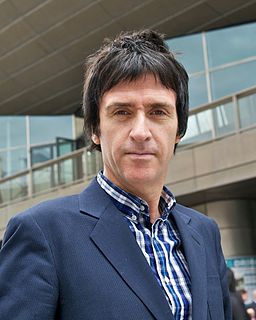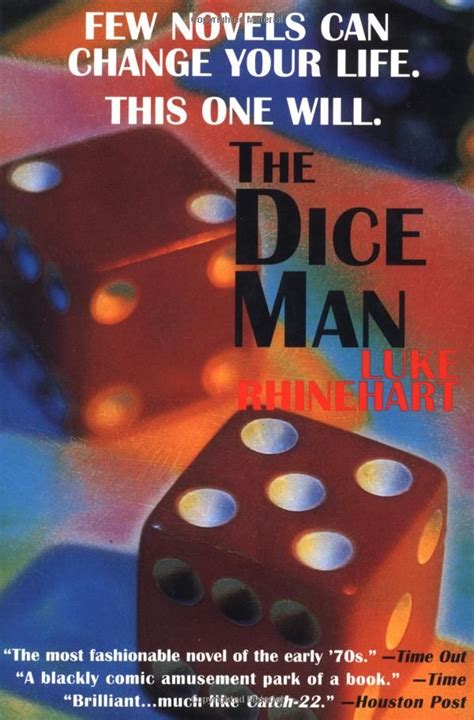A Quote by Doug Liman
My films have been successful, and therefore, the process has accommodated me. When the studio said 'no,' I did it anyhow. Now they don't say no to me.
Related Quotes
One day, we were going to the studio for John's recording session, and as we were leaving to get to the studio, in the elevator, all of a sudden, John leaned over and gave me a kiss. He said, 'I've been waiting to do this all day.' I said, 'What are you talking about?' What happened was, he'd liked me.
...Cops just surrounding me with pistols everywhere.
They put me in the backseat of their car handcuffed,
Pushed out them chests like they're big rough and tough.
A cop come and said 'You'll never sell your guns now.'
I said 'It doesn't matter, you'll sell them anyhow.
You take the guns from me, you sell them for a fee;
Anyway you put it, they'll get in the city!'
[Short Talk on Sylvia Plath] Did you see her mother on television? She said plain, burned things. She said I thought it an excellent poem but it hurt me. She did not say jungle fear. She did not say jungle hatred wild jungle weeping chop it back chop it. She said self-government she said end of the road. She did not say humming in the middle of the air what you came for chop.
I wanted to do something different. Therefore, the first person I thought would have been too exclusionary. It would have said me, me, me, me, me. I, I, I, I, I. As if I were pushing away my experiences from the experiences of others. Because basically what I was trying to do was show our commonality. I mean to say, in the very ordinariness of what I recount I think perhaps the reader will find resonances with his or her own life.
I enjoy the making of the film and it's something for me to do. If nobody ever comes to my films, if people don't want to give me money to make films, that will stop me. But as long as people come all over the world and I have an audience and I have ideas for films, I will do them for as long as I enjoy the process. And I like the whole process of making a film.
I suppose in some ways that's why my collaborations worked out, because I would go in the studio with such enthusiasm and it would never be a chore for me. I was never itching for the process to be done so we could get out live. It's a different matter for me now. Now I've noticed that I actually have one eye or one ear on how I'm going to do it on stage. And maybe that's because I'm the frontman in the group; I do believe that any good frontman should be impatient in the studio to get out.
Which way did they go, Peeves?" Filch was saying. "Quick, tell me." "Say 'please.'" "Don't mess with me, Peeves, now where did they go?" "Shan't say nothing if you don't say please," said Peeves in his annoying singsong voice. "All right- PLEASE." "NOTHING! Ha haaa! Told you I wouldn't say nothing if you didn't say please! Ha ha! Haaaaaa!" And they heard the sound of Peeves whooshing away and Filch cursing in rage.
I didn't understand at the time why Vince was so interested in teaching me life lessons when all I was trying to do was get my video played. But now I think it's because he saw a little bit of himself in me. Just like me, he was a rebel who listened to no one and did whatever it took to get the job done, pissing people off with his stubbornness and drive in the process. Therefore, he was trying to teach me how to better myself instead of repeatedly getting into trouble by rubbing people the wrong way.
Oh!” said she, “I heard you before, but I could not immediately determine what to say in reply. You wanted me, I know, to say ‘Yes,’ that you might have the pleasure of despising my taste; but I always delight in overthrowing those kind of schemes, and cheating a person of their premeditated contempt. I have, therefore made up my mind to tell you, that I do not want to dance a reel at all--and now despise me if you dare.” “Indeed I do not dare.




































